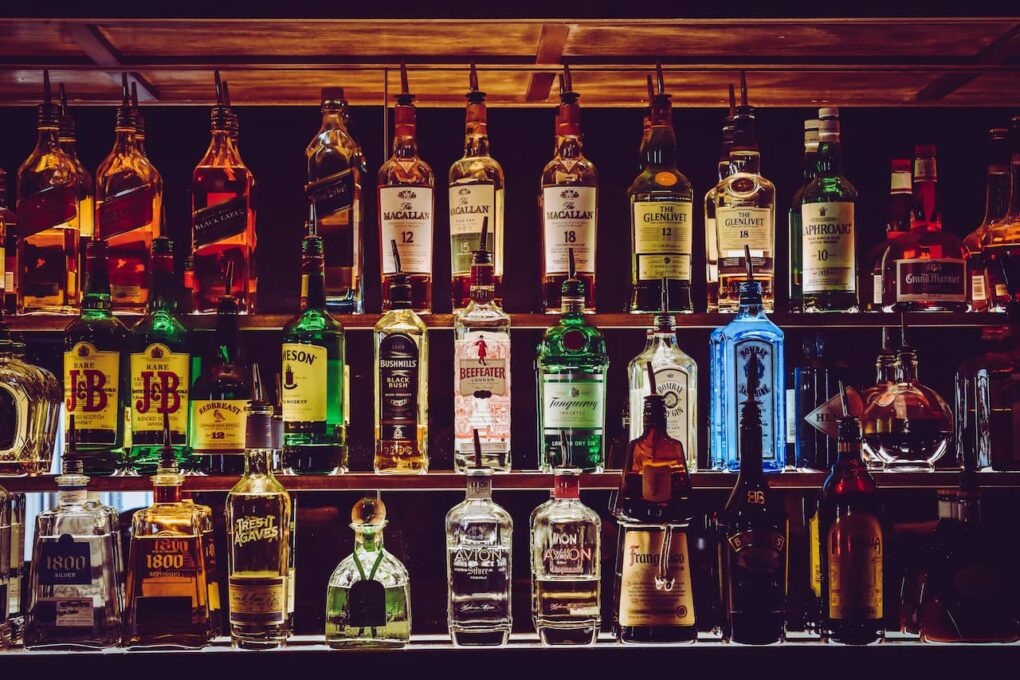If you’re embarking on the journey to produce alcohol, there are a few crucial legal aspects you need to be aware of in the U.S. This article will delve into the legal requirements for alcohol production, including federal and state regulations, licensing, taxes, and interestingly, a connection with online casino slot machines.
Federal Regulations and Licensing
The Alcohol and Tobacco Tax and Trade Bureau (TTB) is the federal agency responsible for enforcing the laws and regulations relating to the production of alcohol in the U.S. Regardless of the type of alcohol you intend to produce – whether beer, wine, or spirits – you are required to apply for and obtain a permit from the TTB before you can start production.
When applying for a permit, you will need to provide a wealth of information, including details about your business structure, premises, and equipment, as well as personal data about the business owners. The TTB will also assess your ability to pay the required federal taxes on alcohol production.
The TTB sets regulations on manufacturing processes, labeling, advertising, and record-keeping for alcoholic beverages. Alcohol labels, for instance, must include specific information, like alcohol content, serving size, and health warning statements. Manufacturers also need to report their activities and pay federal excise taxes, which vary based on the type and amount of alcohol produced.
State Regulations and Licensing
In addition to federal regulations, alcohol producers must comply with state and sometimes local regulations. Each state has its own alcohol control board or commission responsible for issuing licenses, regulating sales, and collecting taxes on alcohol. The requirements vary widely from state to state.
Some states, known as “control states,” exercise more rigorous control over the alcohol industry. They may restrict sales to state-owned stores or regulate prices. In other states, the regulations may be less stringent. Producers need to be aware of and comply with the particular requirements of the state in which they operate.
Certain states also require bond coverage, which acts as a guarantee that the producer will meet its tax obligations. In some cases, if the business fails to meet its tax obligations, the bond coverage can be used to pay the outstanding amount.

An Unlikely Connection: Alcohol Production and Online Casino Slot Machines
Interestingly, the regulations governing alcohol production are in many ways analogous to the laws that oversee online casino slot machines, especially when it comes to licensing and regulatory compliance.
Just as alcohol producers need licenses to operate, online casinos also require licenses issued by regulatory bodies. These licenses confirm that the online casino is authorized to provide gambling services and operate slot machines. Much like alcohol producers, online casinos must comply with regulations related to fairness, safety, and consumer protection.
These regulations include regular audits to ensure that the slot machines operate fairly and that the outcomes are truly random, much like alcohol producers need to comply with regular inspections and audits to ensure that their products meet the established quality and safety standards.
Moreover, just as alcohol producers pay excise taxes on their products, online casinos are subject to various taxes and fees, which depend on the jurisdiction they operate in. The purpose of these taxes is similar – to generate revenue for the government and to regulate the respective industries.
While the analogy may seem far-fetched, it highlights the importance of complying with industry-specific regulations and the role they play in ensuring consumer safety and fairness in business operations. Whether you’re an alcohol producer or an online casino operator, understanding and adhering to these regulations is essential.
Entering the alcohol production industry in the U.S. requires careful navigation of both federal and state laws. From securing the right permits to understanding and adhering to specific manufacturing and labeling guidelines, it’s crucial to understand each step in the process. Also, it’s necessary to consider the various tax obligations that come along with operating within this industry.
And, as we’ve seen, this regulatory landscape isn’t confined to the alcohol industry alone. The connection drawn between alcohol production and online casino slot machines illustrates the broader principles at play in regulated industries: safeguarding consumer interests, ensuring fair business practices, and maintaining public health and safety standards.
Starting a new venture in alcohol production can be both exciting and rewarding. However, it’s essential to make compliance with legal requirements a top priority to avoid potentially expensive and damaging legal problems down the road. With diligent preparation and a strong understanding of both federal and state laws, you can establish a solid foundation for your alcohol production business.
In conclusion, understanding the laws regulating alcohol production in the U.S. isn’t just about keeping operations legal; it’s also about understanding the framework that helps ensure that alcohol, much like online slot machines, is produced, marketed, and sold in a manner that protects consumers and contributes to a fair, safe, and regulated market.
